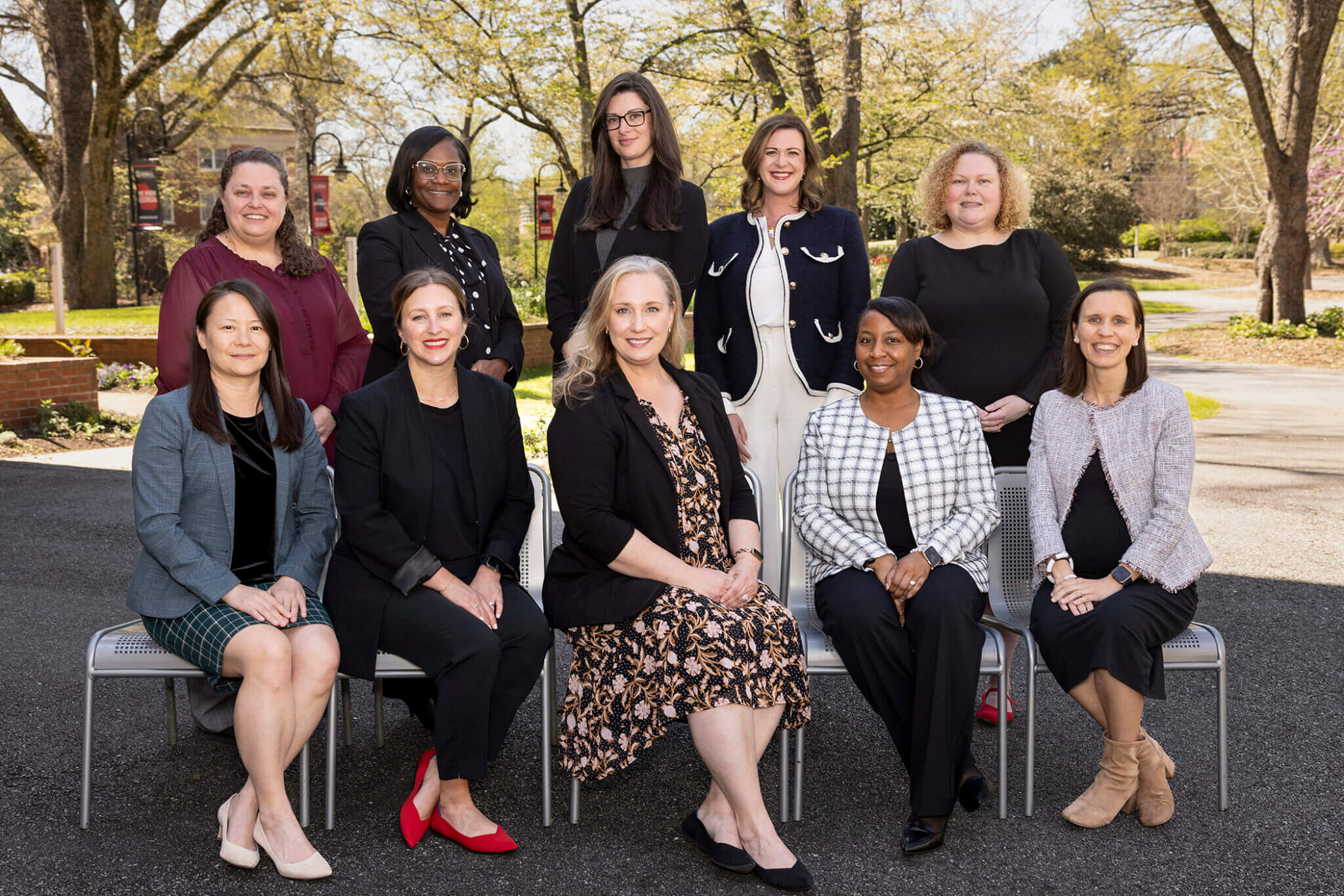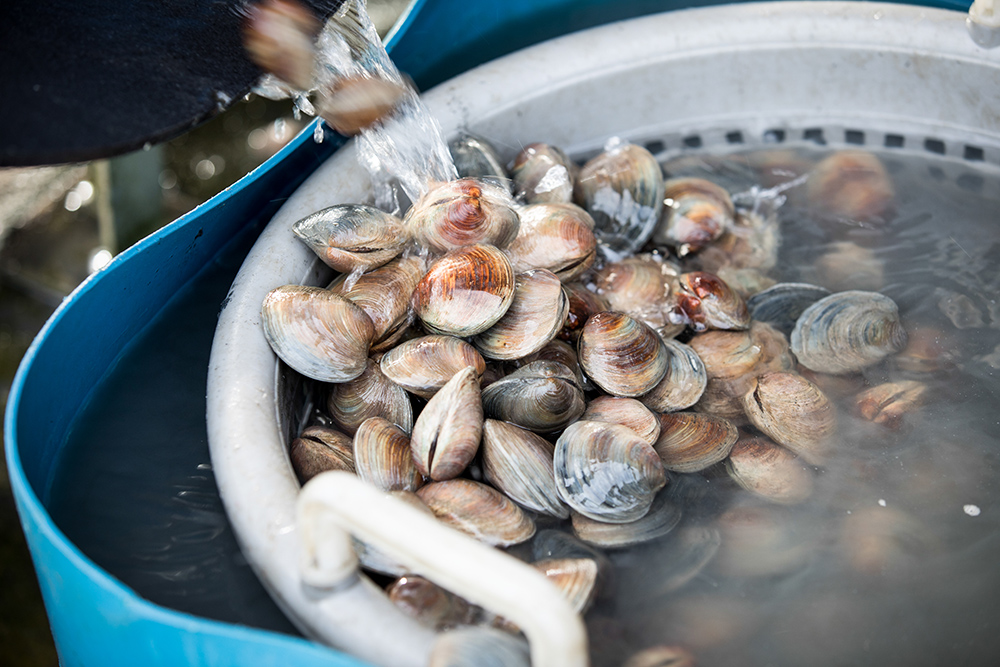By George Boyhan
University of Georgia
First, what you would like to grow? Because of the mild winters in Georgia, and particularly in south Georgia, you have several options.
You can grow any of the Brassica-family crops, including cabbage, broccoli, collards and similar vegetables, anywhere in Georgia in the fall. You need to sow seed for these crops in August or September.
Carrot seeds can be sown from August to November in south Georgia. They're not recommended for north Georgia fall gardens.
Many warm-season vegetables can be sown or transplanted in August in south Georgia for fall production. This would include tomatoes, cucumbers, squash, eggplants, cantaloupes and okra.
Onions are a good choice for transplanting in midwinter. Look for plants from your garden center starting in November, or sow seeds of short-day onions in October.
Get started
To prepare your garden, clear out previous crop residues, till the soil for sowing or transplanting, have a soil sample tested and apply fertilizer.It's hot work this time of year, so if you're committed to having a fall garden, be careful. Drink plenty of water, wear lightweight, breathable clothes, a broad-brimmed hat and sunscreen. Working early in the morning or late in the evening is best, when temperatures have cooled down some.
Whether you sow seed or plant transplants, water is going to be critical to get plants successfully established. You may have to water lightly several times a day to ensure good seed germination.
A fall garden is a real challenge in the South. Temperatures are still very high, which accelerates weed growth. Insect populations are at their highest, making it more likely for catastrophic insect loss. And the high temperatures coupled with high humidity can promote diseases. Careful scouting and acting promptly can minimize some of these problems.
Don't be too disappointed if you have a few failures. After all, a fall garden is a tough row to hoe. If you're successful, however, you can be proud of yourself. You've entered the big leagues of vegetable gardening.
(George Boyhan is a horticulturist with the University of Georgia College of Agricultural and Environmental Sciences.)






